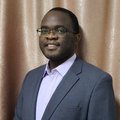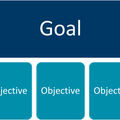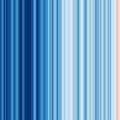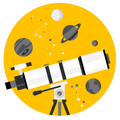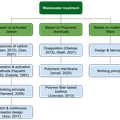Rising Scholars News
1657 articles were found.
Challenges and strategies for writing to a global audience from a local context
Edmond Sanganyado discusses the challenges in communicating to a global audience and how you can be global without losing local relevancy.
Tips for writing research objectives
Smart research objectives can guide your research and give readers a better understanding of the entire research project.
Building an outstanding track record for successful grant application outcomes
Finding suitable research grant opportunities and building an outstanding track record go hand in hand.
Tips for writing an interesting title, abstract and keywords for research articles in 2023
Attracting readers to your research papers in 2023 may be challenging given the huge information overload and noise.
Register for our new online journal club in climate sciences
Register for our new online journal club focusing on climate change sciences.
Should researchers really be worried about ChatGPT?
Despite all the hype, AI tools may be useful aids in higher education, but human intelligence remains a crucial ingredient.
Ten Tips to Become a Good Mentor
The top mentoring qualities include empathy, clear communication, patience and flexibility, knowledge, networking, time management, encouraging creativity and being a good role model.
Getting published in academic journals
Kojo Ahiakpa and Benjamin Karikari provide a summary of the basic components that a normal research article ought to contain, including detailed information that should be contained in each section.
Understanding grant types and how to find suitable research grant opportunities
Finding suitable funding opportunities requires in-depth understanding of the funding landscape.
Application of literature maps and literature matrices for quick and effective literature reviews
Literature maps and matrices enable researchers to visually represent and analyse journal articles in context.

